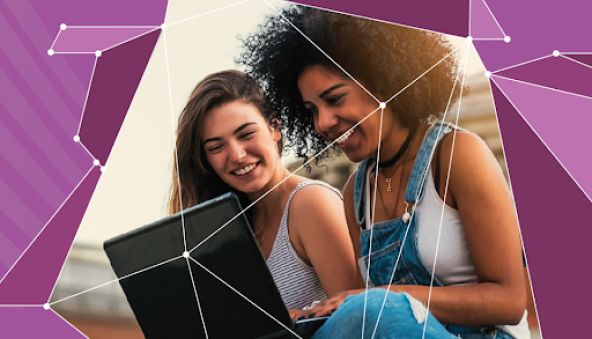
Two new calls in the context of Erasmus + will finance projects specifically dedicated to virtual exchanges in a context unfortunately still strongly conditioned by the limitations on transnational travel due to the Covid-19 pandemic. The calls are an important opportunity for the Skillman.eu network, since the projects will have to be built on the basis of already tested networks and platforms. The two calls are “twins” and address two different geographical areas:
Virtual Exchanges with the Western Balkans: (available budget: 1.000.000 euro)
- Albania, Bosnia and Herzegovina, Kosovo, Montenegro
Virtual Exchanges with other specific regions in the world (available budget: 3.000.000 euro):
- Eastern Neighbourhood (Armenia, Azerbaijan, Belarus, Georgia, Moldova, Territory of Ukraine as recognised by international law)
- Southern Neighbourhood (Algeria, Egypt, Israel, Jordan, Lebanon, Libya, Morocco, Palestine, Syria, Tunisia)
- Sub Saharan Africa (Angola, Benin, Botswana, Burkina Faso, Burundi, Cameroon, Cape Verde, Central African Republic, Chad, Comoros, Congo, Congo – Democratic Republic of the, Djibouti, Equatorial Guinea, Eritrea, Ethiopia, Gabon, Gambia, Ghana, Guinea, Guinea-Bissau, Republic of Côte d’Ivoire, Kenya, Lesotho, Liberia, Madagascar, Malawi, Mali, Mauritania, Mauritius, Mozambique, Namibia, Niger, Nigeria, Rwanda, Sao Tome and Principe, Senegal, Seychelles, Sierra Leone, Somalia, South Africa, South Sudan, Sudan, Eswatini, – Democratic Republic of, Tanzania, Togo, Uganda, Zambia, Zimbabwe.)
Duration: 36 months
Project budget (maximum grant amount): EUR 500.000 per project
Deadline date: 22 February 2022
Consortium composition: Proposals must be submitted by a consortium of at least 4 applicants. The consortium must have a minimum of 2 higher education institutions or 2 youth organisations from two Programme Countries and 2 higher education institutions or 2 youth organisations from 2 eligible Partner Countries within the same region.
Specific objectives:
- encouraging intercultural dialogue with third countries not associated to the programme and increasing tolerance through online people-to-people interactions, building on digital, youth-friendly technologies;
- promoting various types of virtual exchanges as a complement to Erasmus+ physical mobility, allowing more young people to benefit from intercultural and international experience;
- Enhancing critical thinking and media literacy, particularly in the use of internet and social media, such as to counter discrimination indoctrination, polarization and violent radicalisation;
- fostering the digital and soft skills development of students, young people and youth workers, including the practice of foreign languages and teamwork, notably to enhance employability;